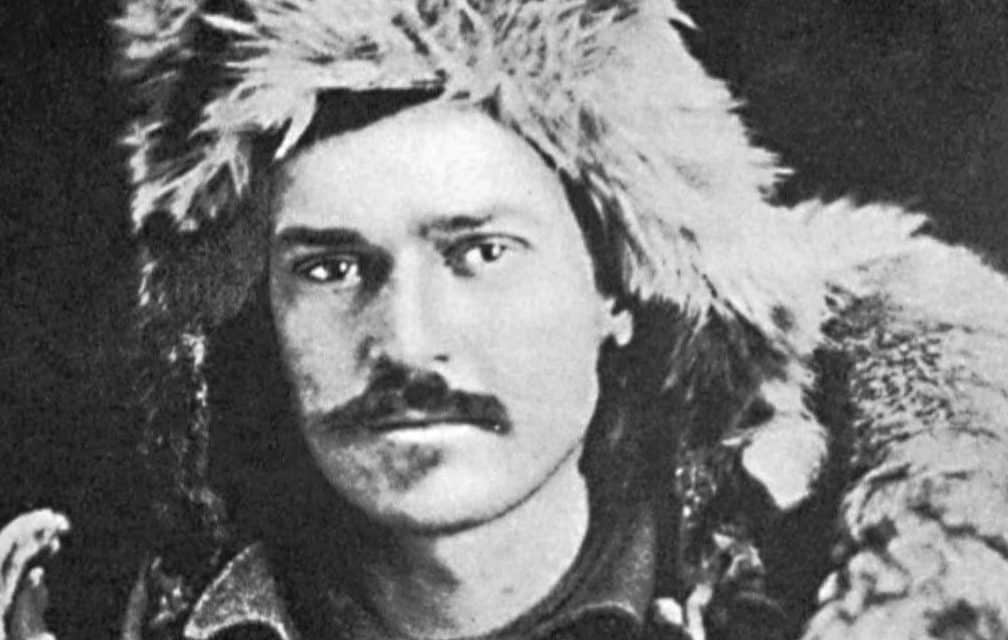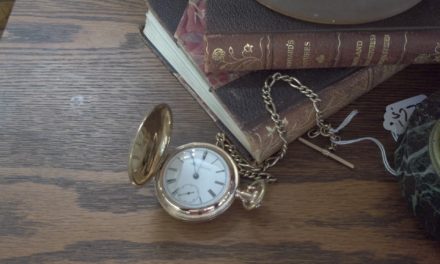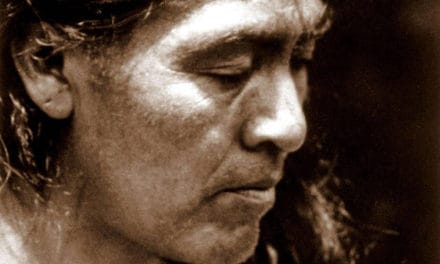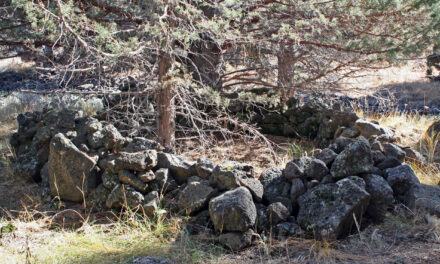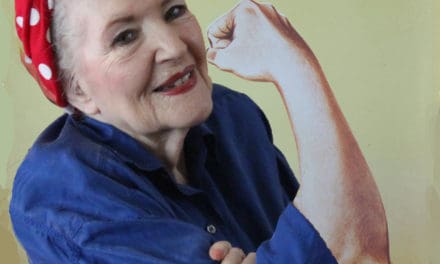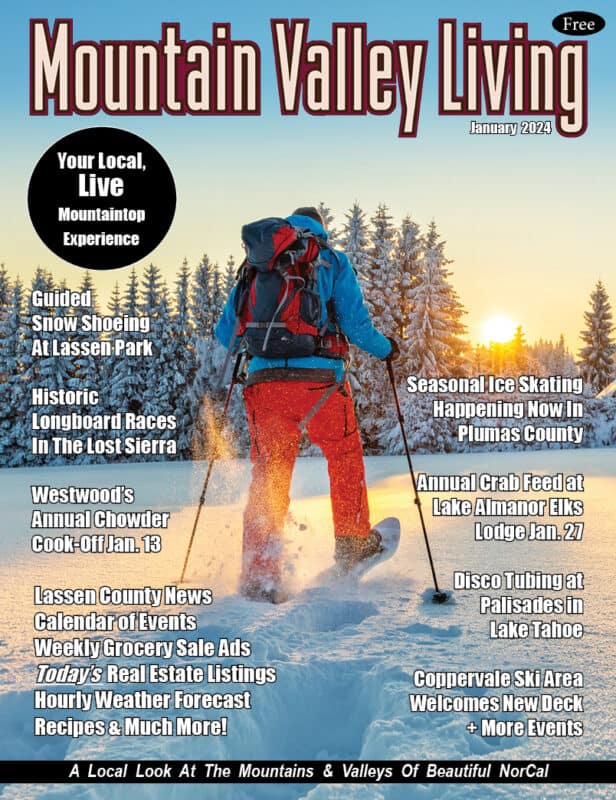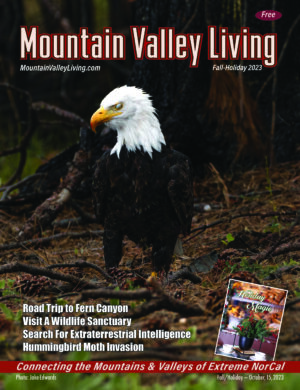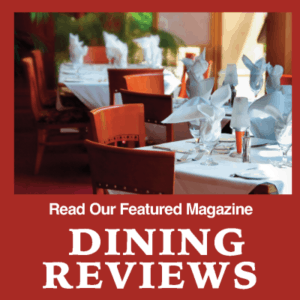By Stacy Fisher, Photos from Gold Nugget Museum
During his lifetime, Yellowstone Kelly exhibited an inquisitive mind and a strong desire for the wide-open spaces of the American West.
Born Luther Sage Kelly on July 27, 1849 to a prosperous family in Geneva, New York, he grew up to be a true adventurer and pioneer of the great outdoors.
He served briefly during the American Civil War as a soldier in the front lines, which ended with General Lee’s surrender at Appomattox in April of 1865.
Kelly continued to serve in the military for several years during the Indian Wars and later, in August, 1899, he commanded a U.S. Army company in the Philippine–American War to put down the insurgency there.
 Afterward he served in the civilian administration of the Philippines and was honored as a war hero and American patriot.
Afterward he served in the civilian administration of the Philippines and was honored as a war hero and American patriot.
His comrade and superior officer, General Nelson A. Miles, said that Kelly was fearless, and further described him as an intelligent man, equal to Daniel Boone or Davey Crockett in resourcefulness, and possessing considerable skills as a great hunter and marksman.
Gene Criswell, in his book,Yellowstone Kelly was said to be a dependable friend to many Native Americans, spoke fluent Sioux, and once met with famed Sitting Bull on one of his many excursions in the Old West.
Kelly loved to read, and was well educated, yet humble and self-effacing, wrote Criswell.
In 1885 he married his wife Alice May after a whirlwind courtship in Detroit, Criswell noted in his book.
Yellowstone Kelly loved the grandeur of the mountains and valleys, and was fascinated by the primitive frontier, eventually settling in the town of Paradise, CA in 1915 with his wife, after visiting friends and falling in love with the region.
He decided to buy 60 acres of land on Clark Road, where he built a comfortable home he called Cedar Lodge, bounded by a large fruit orchard. The homestead was beset with magnificent views of the nearby mountains and valleys.
Kelly was socially active and had many friends, said Criswell, some of whom were quite prominent, including presidents Theodore Roosevelt and William Howard Taft, naturalist John Muir, as well as many famous Indian and military leaders.
Kelly’s memorial service was held in Chico following his death in 1928. Criswell noted that as a distinguished army veteran, Kelly could have had his remains buried at Arlington National Cemetery, but instead he was interred with full military honors on Kelly Mountain in Billings, Montana, which overlooked the immense Yellowstone Valley where he spent most of his youth participating in key events of historical importance.
Alice May Kelly constructed a sizeable cedar wreath each year, Criswell wrote, that she shipped by train to be placed on Kelly’s gravesite in Billings, until she passed away in 1938 and was laid to rest at Paradise Cemetery.
The accomplishments of Yellowstone Kelly are too comprehensive to be contained in a short article, and a fuller telling of his story can be found detailed in books and online.
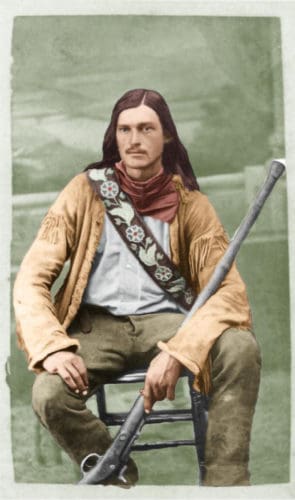 Paradise resident Chris Hoffman, Yellowstone Kelly Committee member, said a stone monument including a bronze plaque dedicated to Yellowstone Kelly was erected in Paradise in 1990 by the group E Clampus Vitus, a fraternal organization dedicated to the study and preservation of the heritage of the American West.
Paradise resident Chris Hoffman, Yellowstone Kelly Committee member, said a stone monument including a bronze plaque dedicated to Yellowstone Kelly was erected in Paradise in 1990 by the group E Clampus Vitus, a fraternal organization dedicated to the study and preservation of the heritage of the American West.
“A relatively few people who live in Paradise know of Yellowstone Kelly,” Hoffman continued, “which is where he lived the last remaing years of his life and wrote his memoirs.”
Bill Hartley is chairman of the Yellowstone Kelly Committee and a board member of the Gold Nugget Museum in Paradise, which includes an exhibit on Yellowstone Kelly.
Hartley is the person who got the ball rolling in reintroducing the famous character to the wider community, Hoffman said.
Stated Hartley, “The exhibition at the museum covers the life of Yellowstone Kelly from when he was a soldier in the Civil War until the end of his days in Paradise.”
He said the Yellowstone Kelly Committee was formed as a joint venture of the Gold Nugget Museum in partnership with the Paradise Chamber of Commerce, along with an alliance with its sister Yellowstone Kelly Committee in Billings.
Hartley said that in November of this year, people gathered together for a ribbon cutting in Paradise at the museum location in dedication to Kelly’s legacy. Just a few months prior the Billings Chamber of Commerce also performed a celebration to honor him as well, with a wreath place on his grave.
The Yellowstone Kelly Committee in Billings, in association with the Billings Chamber of Commerce, raised approximately $500,000 to build an interpretive center at Kelly’s burial site, including restoring the original gravestone.
“We’re looking to reintroduce Yellowstone Kelly’s historic role to the people here in Paradise and in the wider region as far and wide as we can,” said Hoffman, “because he’s a fascinating figure and a local hero who has been all but forgotten to history.”
The Gold Nugget Museum is located at 502 Pearson Rd., in Paradise. Phone: (530) 872-8722. Hours are Wednesday through Sunday from noon to 4 p.m. Website: www.goldnuggetmuseum.com.

